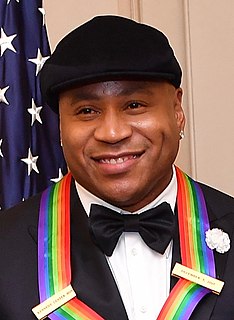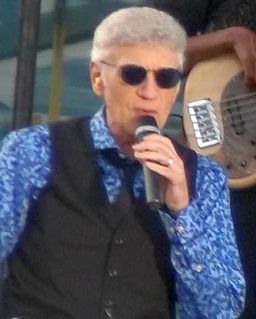A Quote by Beck
There's a perception that if an artist produces another artist, they're going to imprint on them. But I'm the opposite. I want to hear that artist; I don't want to hear me - that's the last thing I want to hear. There are a lot of technical studio things I've learned or figured out, and I feel like I could use those things to help other people with what they're doing.
Related Quotes
Most people don't take some things into consideration. When they hear an album, they hear the artist or they hear the lyric or they hear the melody. But they don't really think about the environment in which it was recorded, which is so important. It's that thing that determines what the album sounds like.
As an artist you very much want to have control over your dialogue and your image and when you become exposed in a way where other people are manipulating your brand or the public perception of you that's where it can be frustrating. It's when you want to tell everyone to shut the f*** up and say "hear it from me, not from them." That's all.
I'm always interested in hearing how other people read and react to my songs. I hadn't thought of it in just that way. One of the things I love about doing things that are creative is that I feel like it's my right as an artist not to be affected by the reactions of those people that are going to hear my songs. But I also feel like it's the right of the people hearing them to have their own interpretations of what these songs mean. Sometimes people will see things that I don't see.
When I was setting out to be an artist, I said: If I can just produce one work that some people think is good, if I can become an obscure cult artist, that's all I want. Well, I attained that. I'm an obscure cult artist, and I think now, Why didn't I say I want to be another Picasso or something? What other options were open to me? But I was convinced I couldn't achieve great things because I don't have a steady-state mind.
What I've learned from my gurus is that when you hear music, you hear a person, or you hear people, and you hear everything about them in those moments. They reveal themselves in ways that cannot be revealed any other way, and it contains historical truths because of that. To me, that is the most important thing. It shouldn't be a footnote, or the last chapter. It should be the complete thesis about a book on listening.
One of the rules of the road is that if you want to create the sense of silence, it frequently has more pungency if you include the tiniest of sounds. By manipulating what you hear and how you hear it and what other things you don't hear, you can not only help tell the story, you can help the audience get into the mind of the character.
































